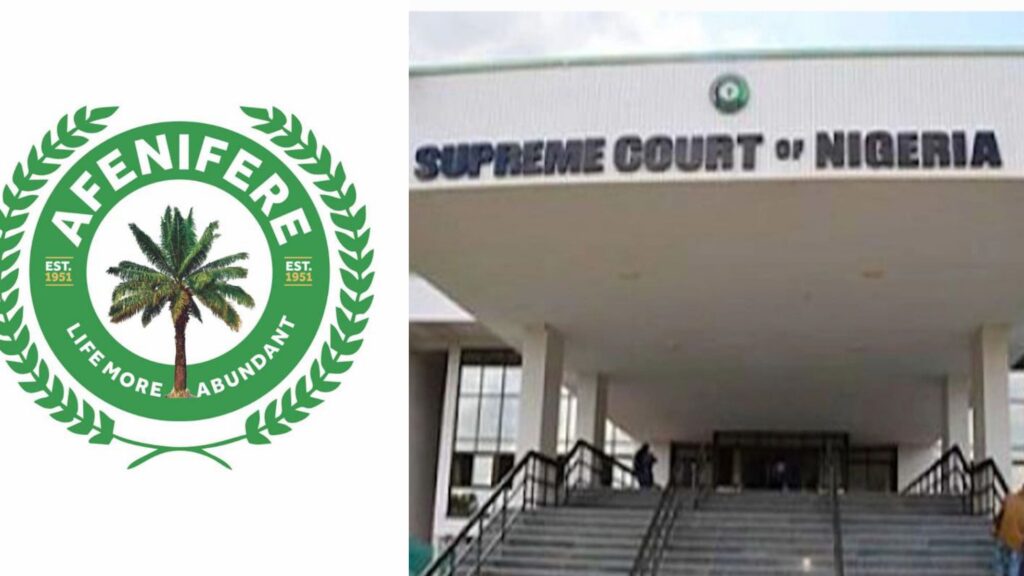
Martins Owoseni
A Pan Yoruba socio-political group, Afenifere has strongly criticised a recent Supreme Court ruling that granted financial autonomy to local government areas across Nigeria.
Afenifere said the verdict represents a significant setback to the principles of federalism.
The group’s position was made known in a statement jointly issued by its leader, Chief Ayo Adebanjo, and the National Publicity Secretary, Prince Justice Faloye.
The Supreme Court had on Thursday, declared as ‘unconstitutional’ – for state governors to hold funds allocated for local government administrations.
The seven-man panel, in the judgment delivered by Justice Emmanuel Agim, declared that the 774 local government councils in the country should manage their funds themselves.
It held that the power of the government is portioned into three arms of government, the federal, the state and the local government.
The court further declared that a state government has no power to elect a caretaker committee and a local government council is only recognisable with a democratically elected government.
However, Afenifere lamented that the judgment had inflicted substantial harm on the Nigerian state, describing it as “judicial conspiracy” in collusion with the Bola Tinubu-led administration, which they argue undermines federalism and national stability.
It said: “Afenifere views the judgement of the Supreme Court in the case filed by the Federal Government on the so-called local government autonomy as a sheer judicial conspiracy in cahoots with the Tinubu administration against the Nigerian state and its foundational principles of federalism.”
Afenifere emphasised that Nigeria operates under a federal structure as outlined in Section 2 (2) of the 1999 Constitution, which recognizes a two-tier system comprising the central government and federating states.
“For the avoidance of any doubt, Afenifere makes bold to say that in line with its negotiated basis of existence, Nigeria is a “Federation consisting of States and a Federal Capital Territory” as affirmed by Section 2 (2) of the 1999 Constitution.
“While Afenifere frowns at corruption and misuse of public funds at levels of government, it condemns in most unmistaken terms the subjugation of the states and their constitutional roles, including the local government system, to the whims and caprices of the federal government by any means, including obvious manipulation of the federation account as in the present case.
“The 1999 constitution, which, in spite of its flaws, gives life and power to the Supreme Court, provides in Section 162 and particularly subsection (6) that “each state shall maintain a special account to be called “State Joint Local Government Account,” into which shall be paid all allocations to the local government councils of the state from the Federation Account and from the Government of the state.”
The Yoruba group criticised the Supreme Court for what they view as a regressive interpretation that expands the division of powers to include local governments, contrary to constitutional provisions.
The group underscored the constitutional role of states in managing local government affairs through mechanisms such as the State Joint Local Government Account, established under Section 162 of the Constitution.
Furthermore, Afenifere condemned any attempt to subject states and their constitutional roles, including the local government system, to federal government control.
They expressed concern over potential manipulations of the federation account and called for a strict adherence to constitutional provisions in governance.
Afenifere advocated for a holistic restructuring of Nigeria’s political framework to uphold true federalism, echoing the principles established by the nation’s founders.
The group insisted that the management of local governments should remain within the exclusive jurisdiction of states, either through direct constitutional mandates or residual powers in a federal system.
KOIKI Media bringing the world 🌎 closer to your door step
